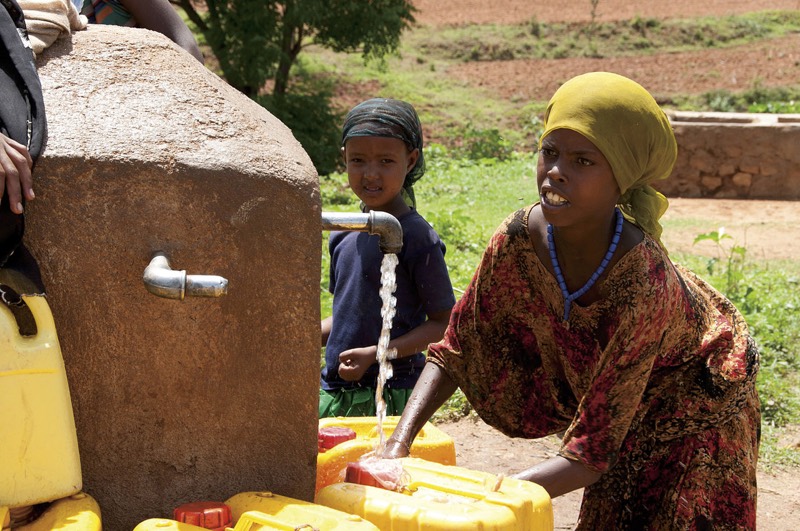Tapped out

Water can be the currency that builds wealth or reduces poverty. However, access to water doesn’t always command the same attention—or intervention—as the money gap between rich and poor.
Such inequities led UC Santa Cruz sociology professor Ben Crow and his collaborators to draft “The Santa Cruz Declaration on the Global Water Crisis.” The document built upon the 2013 Equitable Water Governance workshop, led by Crow and Colleges Nine and Ten provost Flora Lu.
“Although limited water supply and inadequate institutions are indeed part of the problem, we assert that the global water crisis is fundamentally one of injustice and inequality,” noted the declaration.
Studies by Crow and Lu have shown these disparities are everywhere: in Global South populations excluded from water sources; in northeastern Ecuador where indigenous Amazonians struggle daily to find clean water in oil-contaminated communities; and in Central California where farmworkers compete with crops for uncontaminated water.
Safe drinking water isn’t enough to eliminate disparities, argued Crow, in a paper coauthored with UC Santa Cruz alum Matt Goff and published in Water International__. Crow’s two-year Kenya study, which included putting GPS devices on “jerry cans” to track the work of collecting water from vendors’ taps, showed that time spent getting water—mostly by women—detracts from child care, small enterprise, and freedom for community involvement.
Instead, providing “liberatory capabilities,” such as water taps inside households, could be more effective to reduce poverty.

